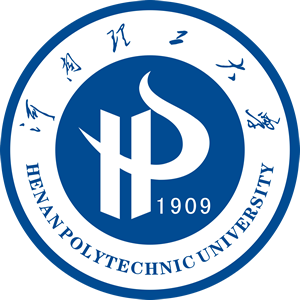
地址: 河南省焦作市高新区世纪路2001号[454000] Tel: 0391-3987069 E-mail: zkxb@hpu.edu.cn,skxb@hpu.edu.cn |

请您访问
|

社会科学版
|
| 供稿: 张进德;郑音妙 | 时间: 2018-12-16 | 次数: |
摘要:《金瓶梅》关于"色空"观念的阐释,对《红楼梦》有着很大影响。两者均通过与世人密切相关的"钱财""情色"书写,阐证"万物为幻""一切皆空"的思想,旨在劝诫世人莫要放纵自己的欲望,沉迷于浮华的表象。《红楼梦》在汲取《金瓶梅》思想的同时也进行了创新,这可以通过"子虚之死"与"贾瑞之死"——两处死亡叙事得到印证。
基金:2012年度河南省哲学社会科学规划项目(2012BWX022);
DOI:10.16698/j.hpu(social.sciences).1673-9779.2016.01.013
分类号:I207.41
Abstract:The interpretation of Sunyata and Rupa in The Golden Lotus makes a significant influence on A Dream of Red Mansions. In the two novels, the thought that “All is illusory”and “All is vanity”are illustrated clearly through describing such things as wealth and sex, aiming to exhort human not to be over- indulged in flashy matters. A Dream of Red Mansions inherits the essence of The Golden Lotus creatively, which can be seen in the death of Zixu and the death of Jia Rui.